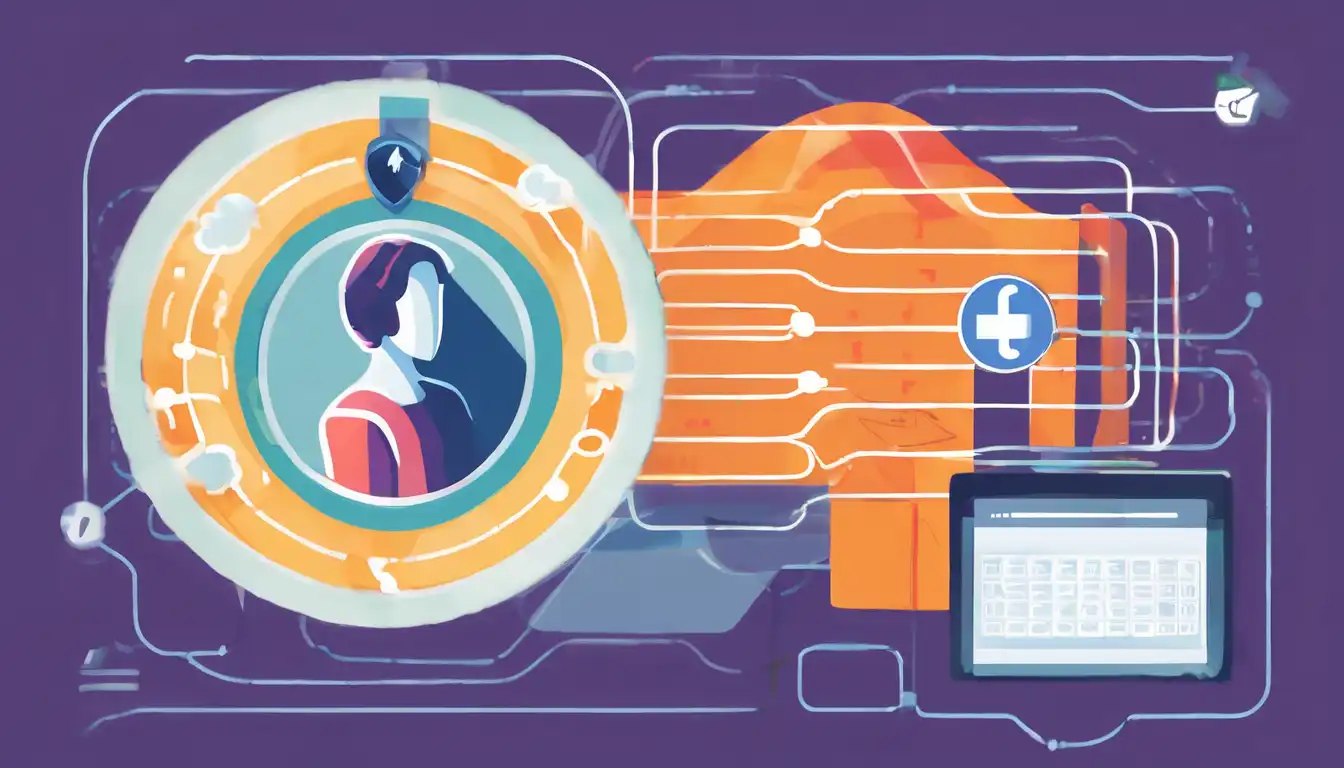Why VPNs Are Crucial for Online Privacy
In today's digital age, protecting your online privacy has never been more important. With cyber threats on the rise, a Virtual Private Network (VPN) serves as a critical tool in safeguarding your personal information. This guide will explore the ins and outs of VPNs and how they contribute to your online privacy.
What Is a VPN?
A VPN is a service that encrypts your internet connection and hides your IP address, making your online actions virtually untraceable. This not only secures your data from hackers but also allows you to browse the internet anonymously.
How Does a VPN Protect Your Privacy?
By routing your connection through a secure server, a VPN masks your IP address, making it difficult for third parties to track your online activities. Here are some key benefits:
- Encryption: Your data is encrypted, making it unreadable to anyone who might intercept it.
- Anonymity: Your real IP address is hidden, protecting your identity online.
- Access to Restricted Content: VPNs allow you to bypass geo-restrictions and censorship.
Choosing the Right VPN for Your Needs
Not all VPNs are created equal. When selecting a VPN, consider the following factors:
- Security Features: Look for VPNs with strong encryption and a no-logs policy.
- Speed: A good VPN should offer fast connection speeds without significant lag.
- Server Locations: More server locations mean more options for bypassing geo-restrictions.
Common Misconceptions About VPNs
Many people believe that VPNs are only for tech-savvy individuals or those engaging in questionable online activities. However, VPNs are for anyone who values their privacy and security online.
Final Thoughts on VPNs and Online Privacy
In conclusion, a VPN is an essential tool for anyone looking to protect their online privacy. Whether you're browsing at home or using public Wi-Fi, a VPN can provide the security and peace of mind you need in the digital world.
For more information on how to enhance your online security, check out our guide on Understanding Cybersecurity Basics.
